Spotify 'might ditch an IPO in favour of direct listing'
Report - move would see the company bypass institutional investors


Spotify is reportedly considering skipping out on its own IPO, in a controversial move that has left many experts scratching their heads.
Instead of an IPO, the company is said to be eyeing a direct listing, according to the Wall Street Journal. This method of going public negates the share price fluctuations that accompany a traditional IPO, but will likely reduce the amount of money generated by the company.
The WSJ referred to anonymous sources familiar with the matter, who said that the decision was being driven not by the desire to raise the large sums commonly associated with IPOs, but to give long-term investors and employees the chance to cash out. Spotify refused to comment on the matter.
In a standard IPO, early buyers (or, 'institutional investors') are approached to purchase blocks of new shares immediately before they go on the open market. Once trading opens, the shares usually jump in value, whereupon the institutional investors sell them for a profit. This, in turn, pushes the company's stock price higher and leads to a large, immediate payout for the company.
By listing their stock directly, Spotify would bypass the initial investors, selling shares directly to the public. This means that they're not going to surge in value in the same way, and will generate much less money than other tech IPOs.
This is partly why it's such an unusual model; tech IPOs in particular are generally used by companies to secure serious cash infusions in order to fuel expansion efforts. By not pursuing a standard IPO, Spotify would effectively be turning down millions of dollars, if not more.
This money could come in handy for the company, particularly in order to pay off some its $1 billion debts. It would also give the notoriously loss-making business a bit more breathing room in order to consolidate and further grow its business.
Get the ITPro daily newsletter
Sign up today and you will receive a free copy of our Future Focus 2025 report - the leading guidance on AI, cybersecurity and other IT challenges as per 700+ senior executives
However, while recent tech IPOs like Snap's have seen huge valuations, they do not always work out - Twitter's stock price has halved since its market debut, for instance.
However, there are some upsides to a direct listing. Chief among these is a greater chance of stock price stability, as the company bypasses selling its shares to investors who are principally after a quick profit. Tech stocks have a habit of opening with incredibly high valuations, before quickly reducing in value. Similarly, this method could also be more likely to attract long-term investors who will stay with the company over a greater period.
It also sidesteps the fees charged by underwriters, avoids diluting the company's stock and allows the company to freely discuss its stocks without violating SEC regulations.
Rumours of an IPO have been circling the company for a long time, particularly following the company's $1 billion debt financing agreement last year. Provisos in the deal will penalise Spotify the longer it goes without floating its IPO, including rewarding investors with greater equity for every year the company doesn't go public.
It is currently unclear whether a direct listing, as opposed to an IPO, would satisfy the terms of this agreement.
The news comes in the same week that the company inked a new long-term licensing agreement with Universal Music Group, the biggest record label in the world and one of the three main sources of Spotify's catalogue.
Adam Shepherd has been a technology journalist since 2015, covering everything from cloud storage and security, to smartphones and servers. Over the course of his career, he’s seen the spread of 5G, the growing ubiquity of wireless devices, and the start of the connected revolution. He’s also been to more trade shows and technology conferences than he cares to count.
Adam is an avid follower of the latest hardware innovations, and he is never happier than when tinkering with complex network configurations, or exploring a new Linux distro. He was also previously a co-host on the ITPro Podcast, where he was often found ranting about his love of strange gadgets, his disdain for Windows Mobile, and everything in between.
You can find Adam tweeting about enterprise technology (or more often bad jokes) @AdamShepherUK.
-
 Bigger salaries, more burnout: Is the CISO role in crisis?
Bigger salaries, more burnout: Is the CISO role in crisis?In-depth CISOs are more stressed than ever before – but why is this and what can be done?
By Kate O'Flaherty Published
-
 Cheap cyber crime kits can be bought on the dark web for less than $25
Cheap cyber crime kits can be bought on the dark web for less than $25News Research from NordVPN shows phishing kits are now widely available on the dark web and via messaging apps like Telegram, and are often selling for less than $25.
By Emma Woollacott Published
-
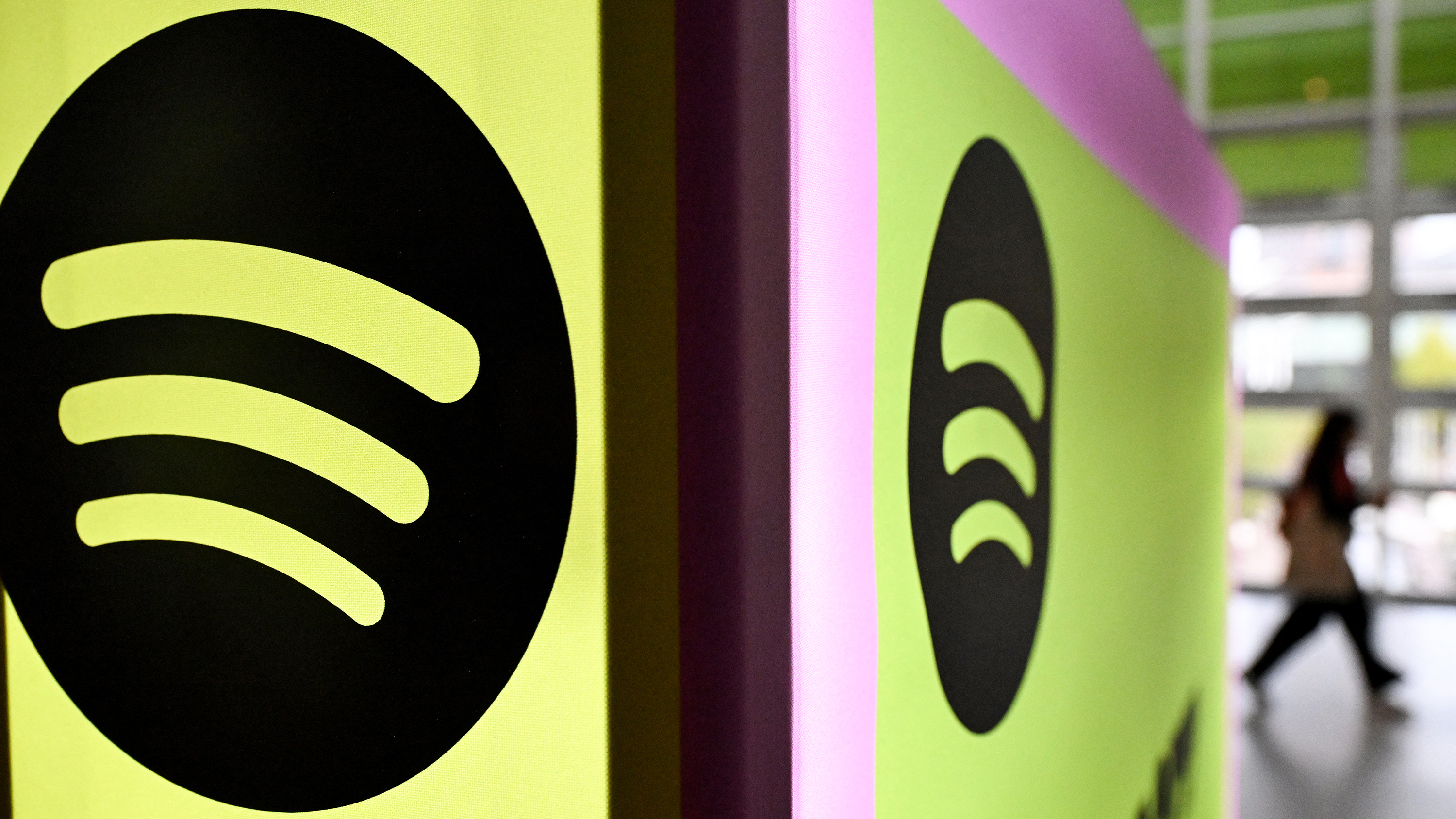 In an age of RTO hardliners, Spotify’s stance on remote work is a breath of fresh air
In an age of RTO hardliners, Spotify’s stance on remote work is a breath of fresh airOpinion Remote work didn’t impact efficiency or productivity at the streaming giant – but what about all that vital team ‘synergy’ we’re meant to crave?
By Ross Kelly Published
-
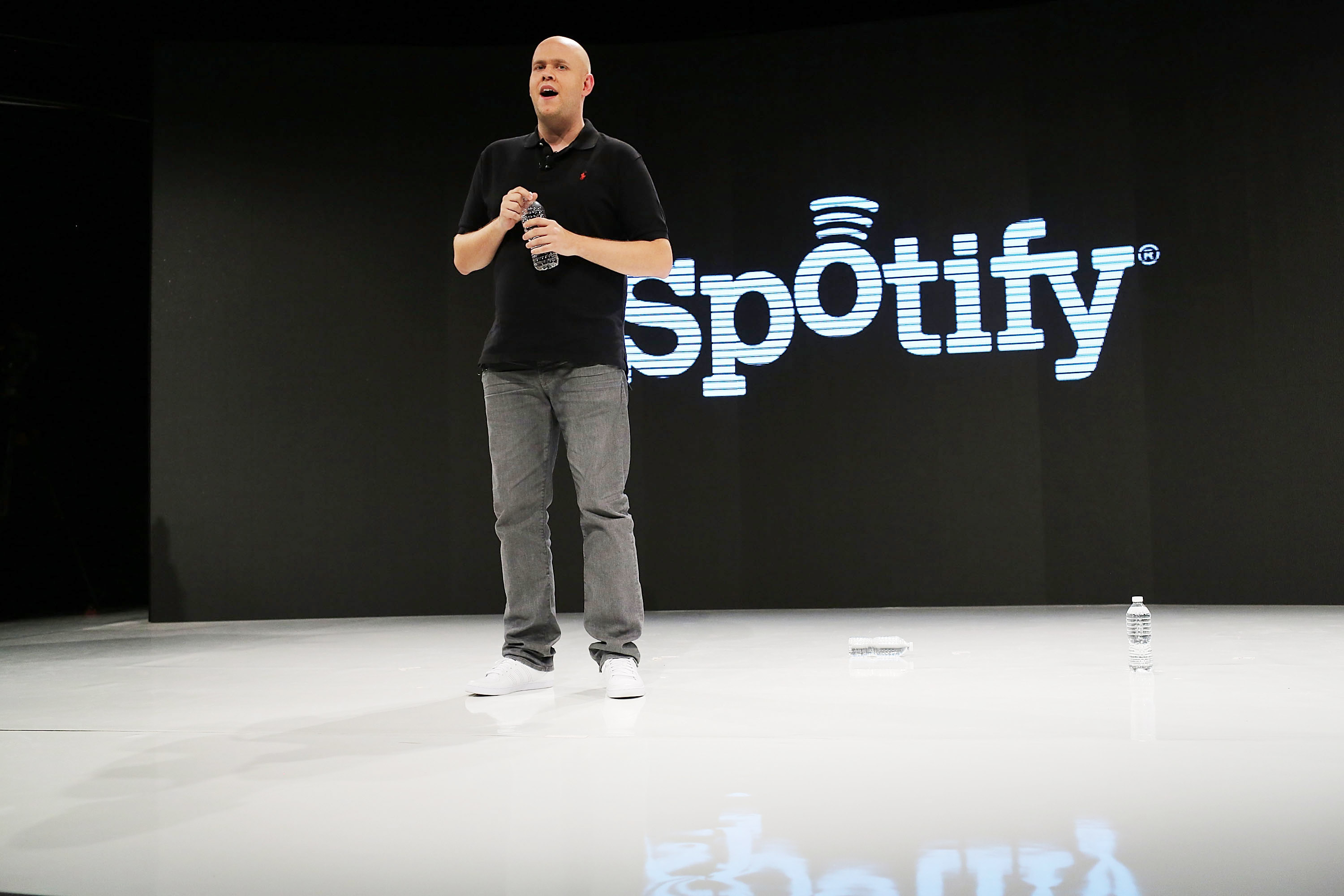 Spotify to layoff 2% of its workforce amid ‘strategic realignment’ drive
Spotify to layoff 2% of its workforce amid ‘strategic realignment’ driveNews The cuts follow a previous round of layoffs at Spotify in January this year
By Ross Kelly Published
-
 Truss seeks last-ditch SoftBank meeting over Arm IPO
Truss seeks last-ditch SoftBank meeting over Arm IPONews Gov said to want a dual New York-London listing, at the very least
By Bobby Hellard Published
-
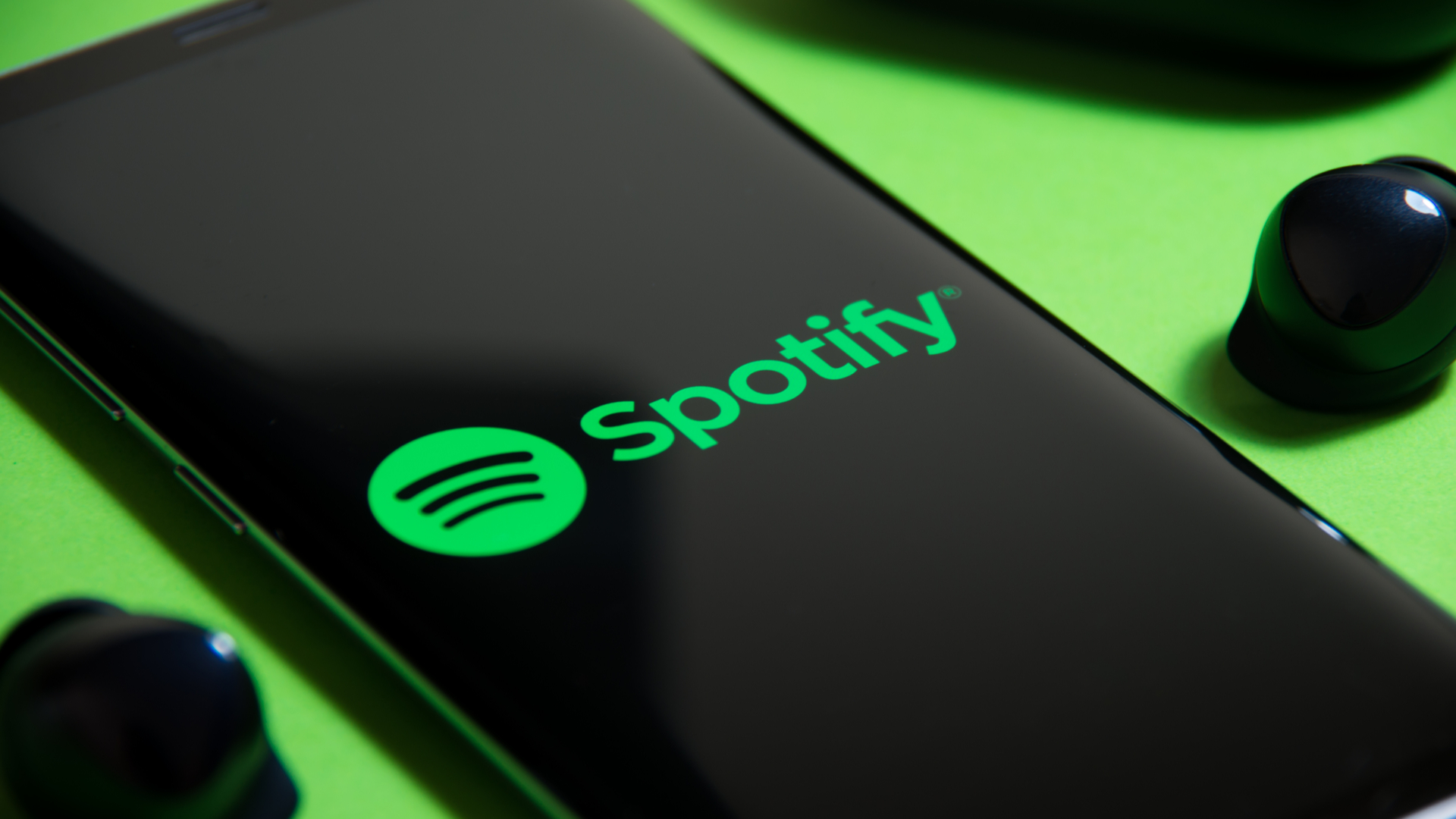 Spotify to expand into audiobooks with Findaway acquisition
Spotify to expand into audiobooks with Findaway acquisitionNews Company aims to build on recent success by capitalising on a rapidly growing market
By Connor Jones Published
-
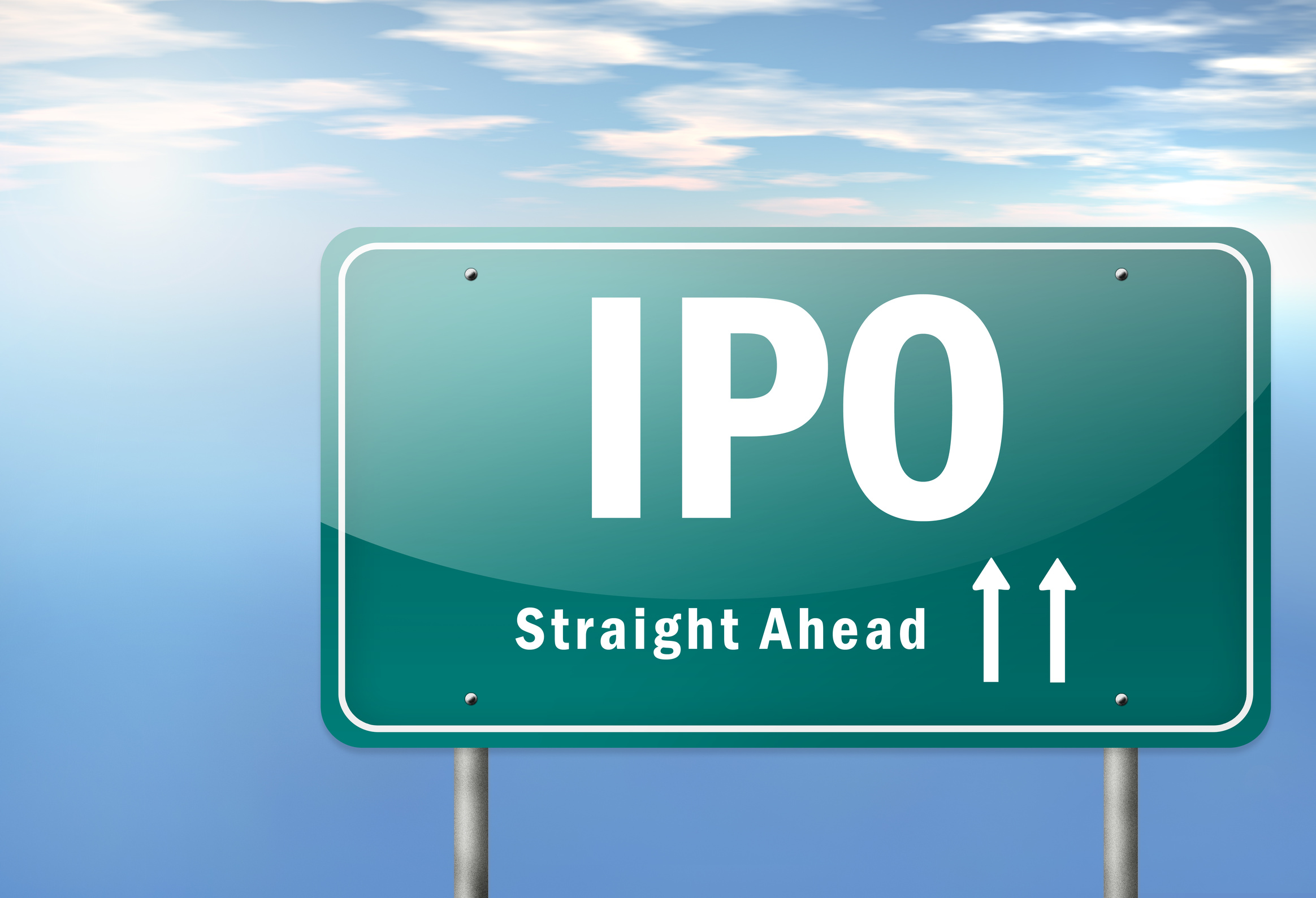 Pivotal believes IPO will net $592 million
Pivotal believes IPO will net $592 millionNews Dell's cloudy subsidiary details IPO plans in filing
By Clare Hopping Published
-
 Slump raises questions over tech IPO valuations
Slump raises questions over tech IPO valuationsNews Shares in major tech firms dip, but are more losses to come?
By Zach Marzouk Published
-
 CLA CIO Adam Sewell on selecting Microsoft Azure for ‘contractual reasons’
CLA CIO Adam Sewell on selecting Microsoft Azure for ‘contractual reasons’In-depth Cloud has brought issues with contracts, terminology and skills, says Sewell
By Sooraj Shah Published
-
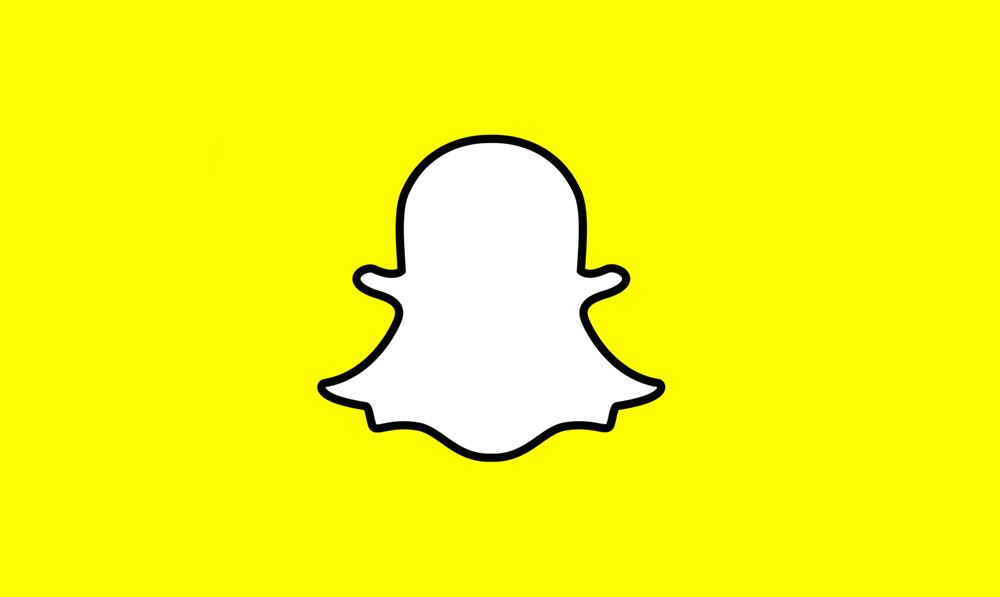 Snap IPO value hits $30 billion at close of market
Snap IPO value hits $30 billion at close of marketNews Shares jump 44% as investors get behind stock market debut
By Eleanore Ramsey Published